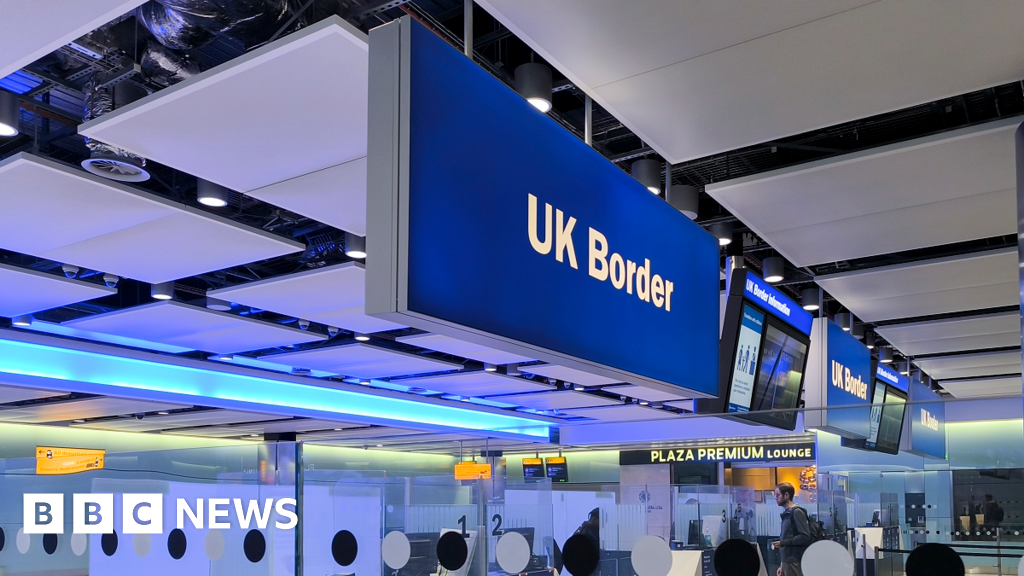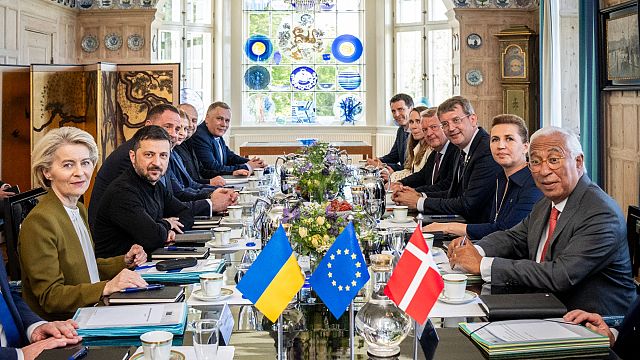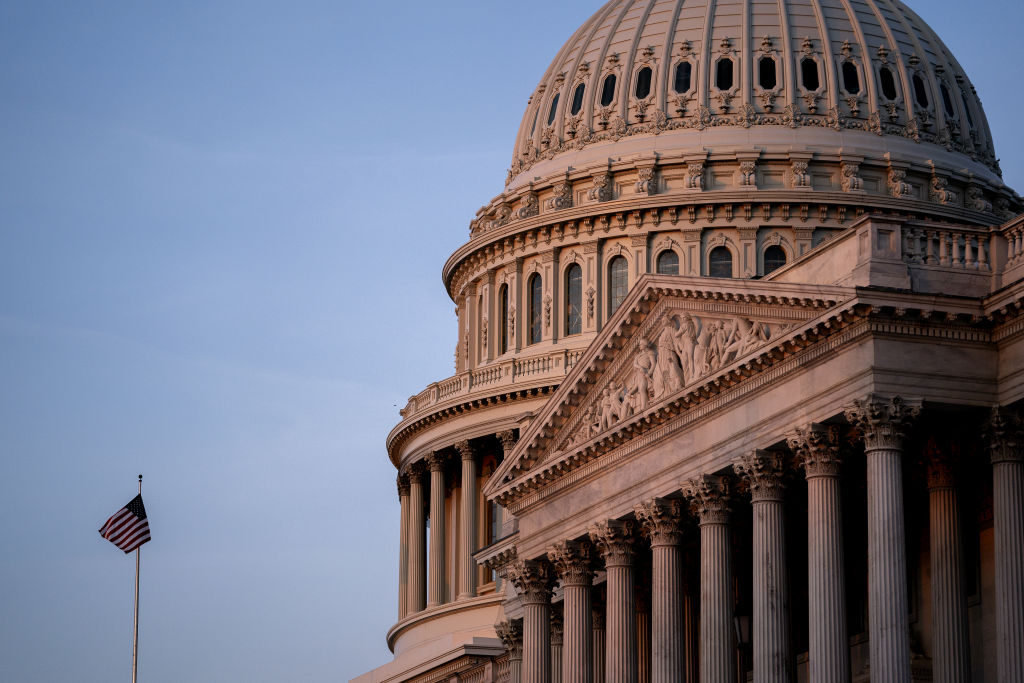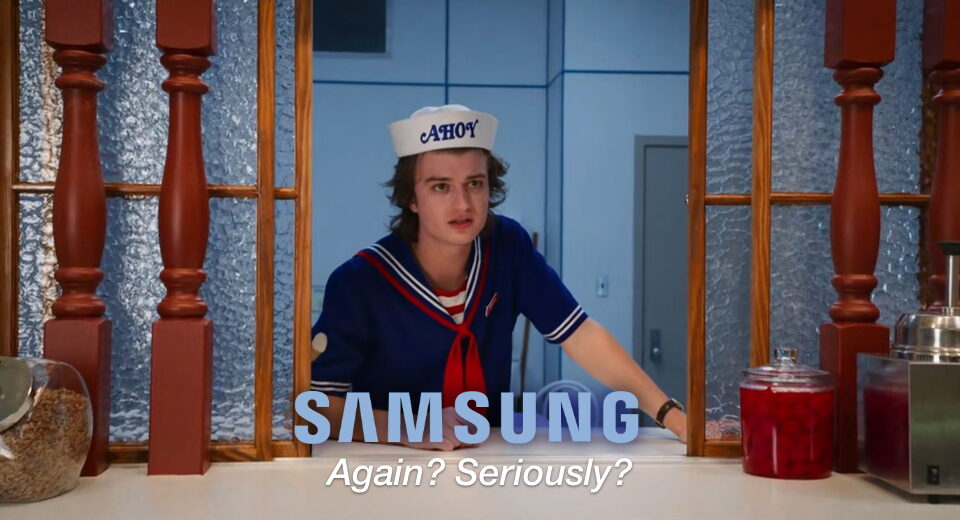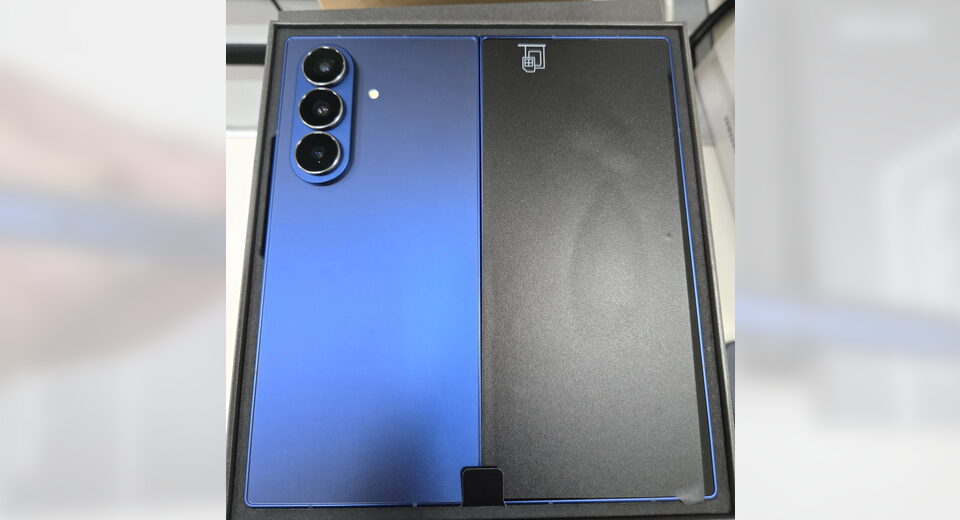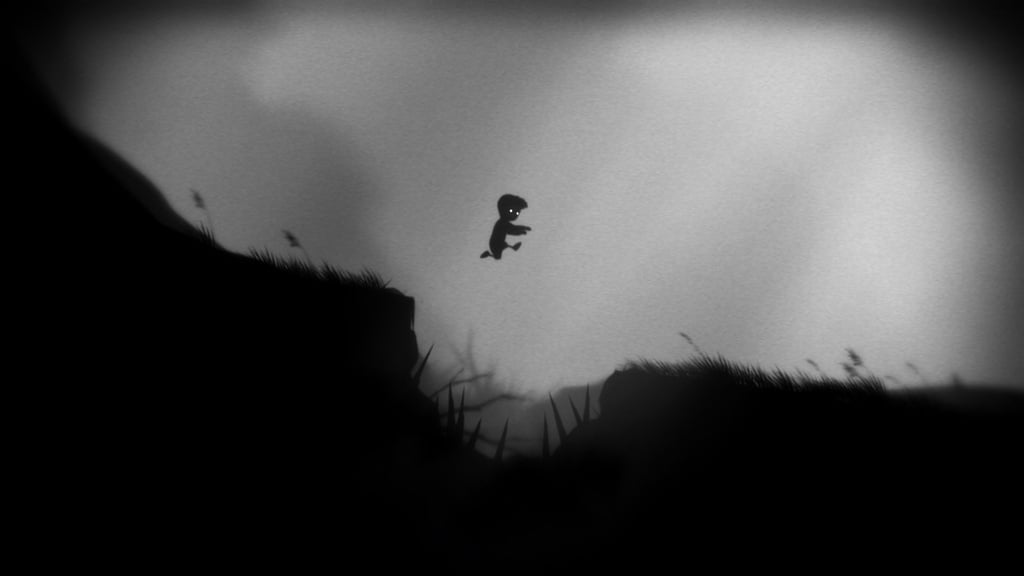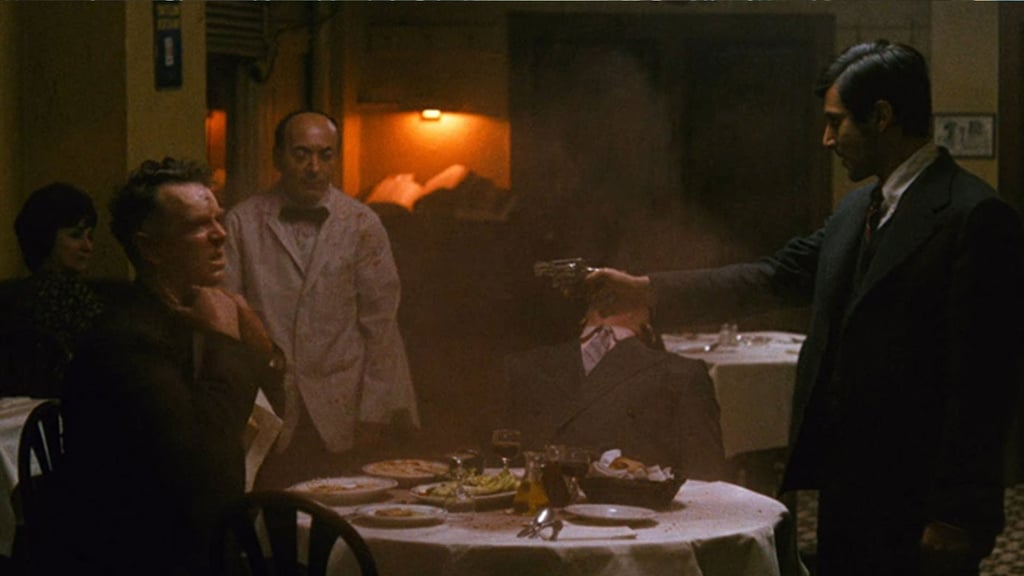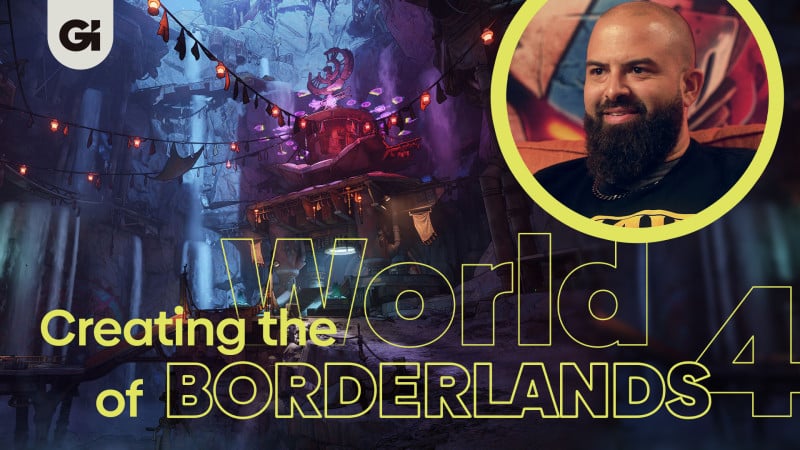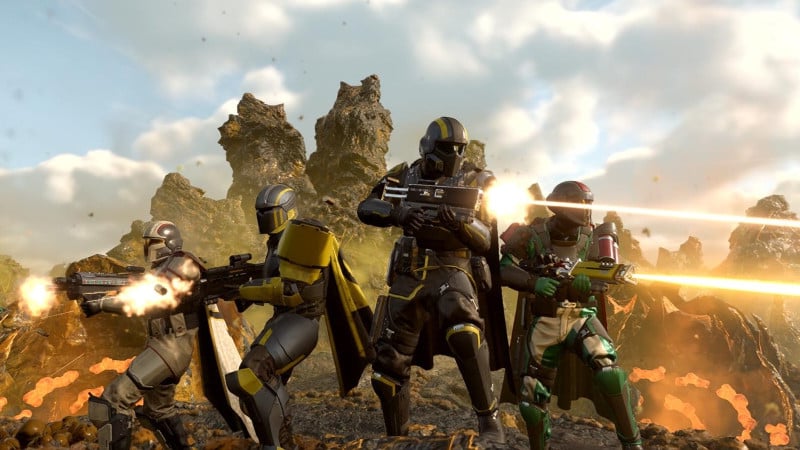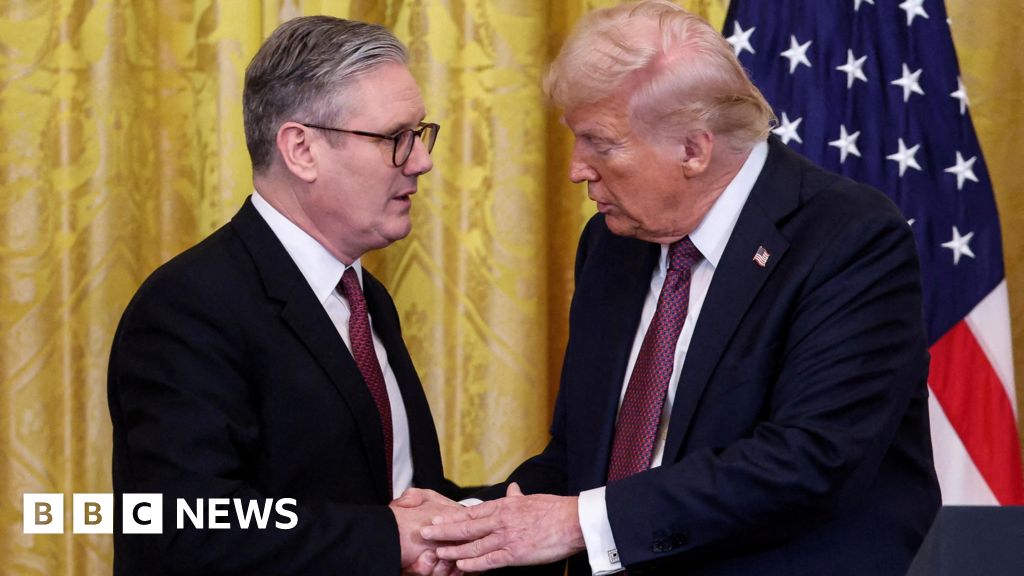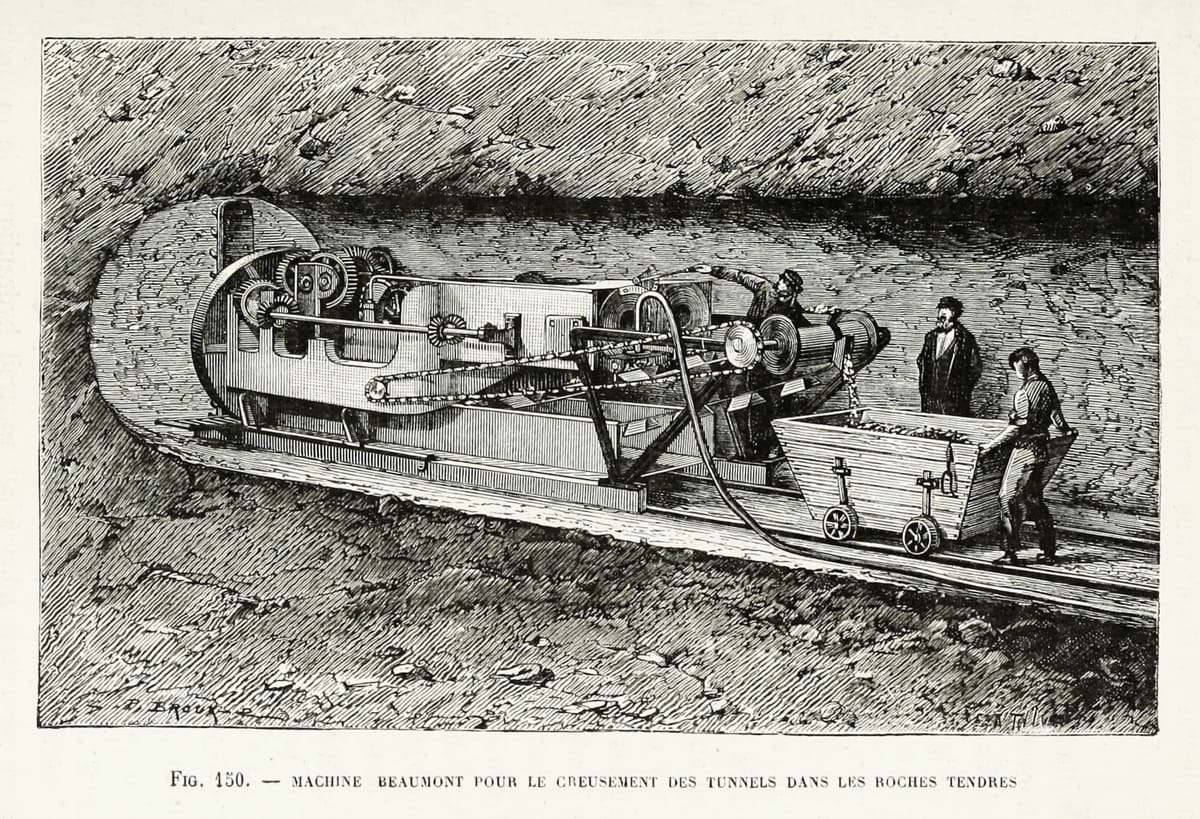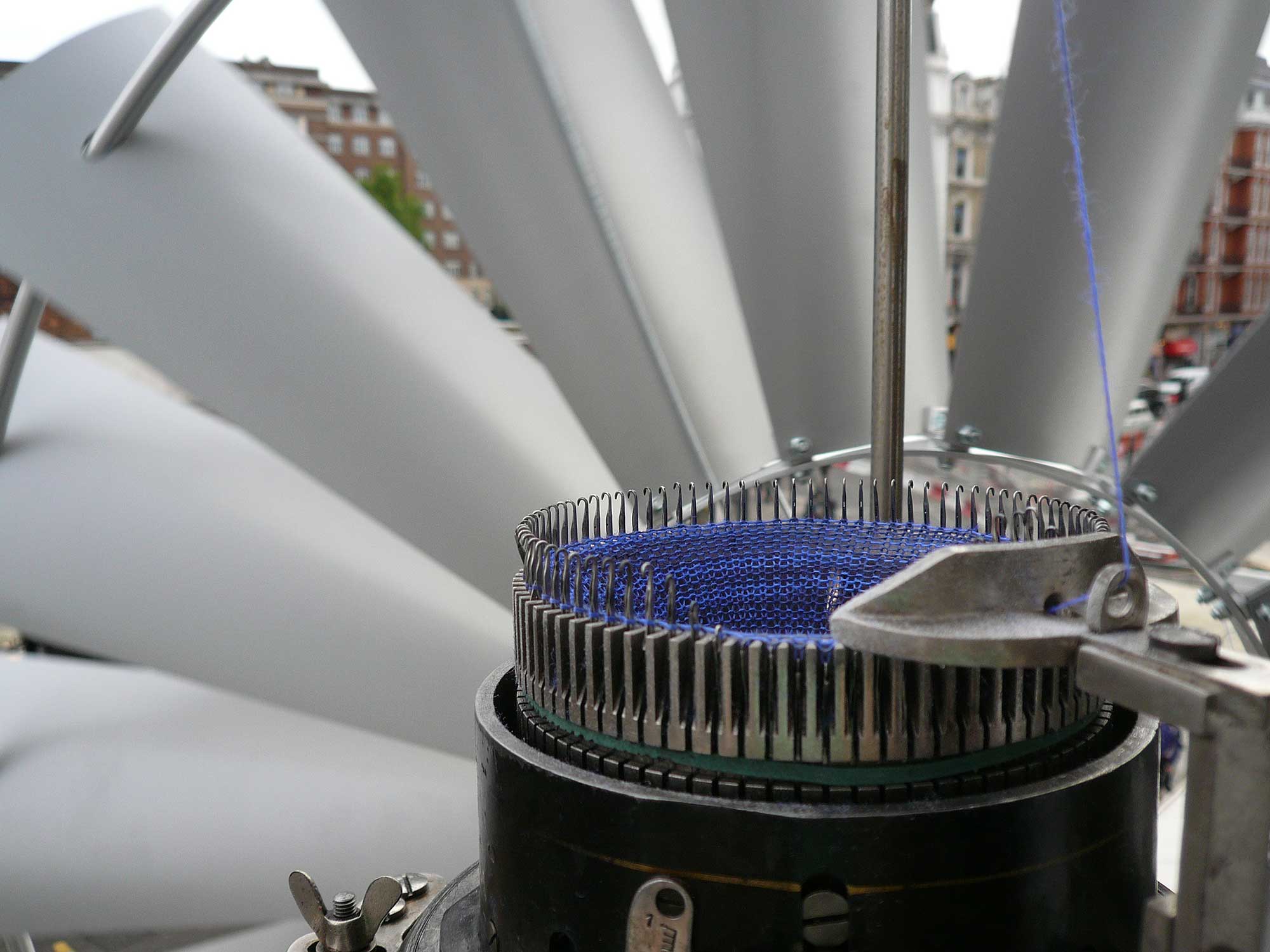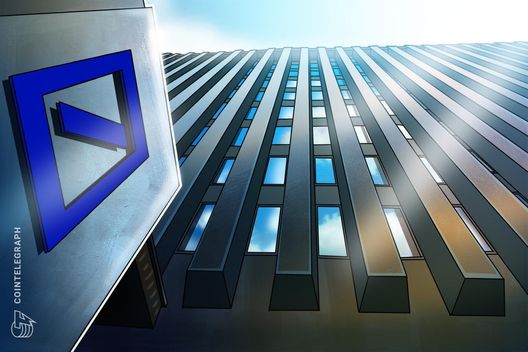Around Los Angeles, ICE Raids Are Casting a Shadow on July 4th Plans

To celebrate the Fourth of July, the Southern California city of Bell Gardens had planned to host an event at a park on Thursday with crafts, games and a laser light show instead of fireworks. Fliers had been distributed, contracts with vendors had been signed and a full ensemble band had been booked to play cumbia and salsa music.
Bell Gardens’ footprint is a small one — nearly 38,000 residents on a little more than two square miles southeast of downtown Los Angeles. The city, where more than 96 percent of residents are Hispanic, is one of more than two dozen so-called Gateway Cities that make up a hub of largely Latino working-class communities.
In recent days, the mayor of Bell Gardens, Jorgel Chavez, started questioning whether to move forward with Thursday’s event.
Immigration raids by federal agents have become an almost daily occurrence in Southern California. About 2,000 immigrants have been arrested in the Los Angeles region since June 6, often by masked agents who have detained people at shopping-center parking lots, carwashes, bus stops, auto shops and other public places. The raids, many of them captured on videos posted to social media, have spread fear among residents who worry they could be targeted by agents regardless of their legal status or criminal record.

After hearing from the City Council, the city manager, legal counsel and residents, Mr. Chavez decided to cancel Bell Gardens’ Independence Day party, a tradition for much of the past 30 years.
“The last thing I want is for ICE or any of these federal agencies to come into the event and pick up my residents,” the mayor said. “Clearly, we can’t rely on the federal government for public safety in this time.”
The Fourth of July is landing at a volatile time for Latinos in Los Angeles.
Worry and anger over the raids have given the hallmarks of the holiday — displaying and waving American flags, celebrating with others at red-white-and-blue-themed parades, parties or fireworks shows — a new edge.
Some, like Mr. Chavez, are having trouble embracing patriotic symbols when so many Latinos have accused federal agents of racially profiling Hispanic people. Others view their decision not to participate in Fourth of July events as an act of protest against the Trump administration’s immigration crackdown. Still others, many of whom are undocumented, plan to stay indoors, too afraid they will be detained by agents if they attend family gatherings or public events.
The unease about the raids has caused other cities in the region to make the same decision as Bell Gardens.
The nearby city of Cudahy decided to cancel its Fourth of July celebration “due to recent events and concerns regarding the safety of our residents.” Los Angeles County also scrapped its holiday party in East Los Angeles over “safety concerns and recent ICE activity.” In downtown Los Angeles, a block party scheduled for July 4 at Gloria Molina Grand Park was postponed “out of an abundance of caution and in light of ongoing events.”

“There’s a lot of concern that a simple outing might mean they won’t return to their families,” said Hilda Solis, a member of the Los Angeles County Board of Supervisors whose district includes some of the Gateway Cities. “I am disappointed that a holiday meant to unite us will be tinged with the pain and fear that so many of our residents are facing.”
Mr. Chavez struggled to find a balance between keeping his city calm at an anxious moment and being proud, as both a Latino and an American. Mr. Chavez is Mexican American, like many in Bell Gardens. He was born in California to a mother from Mexico and a father from the United States. In an interview, he said he wanted to make it clear that the Fourth of July itself was not canceled in Bell Gardens, only the city-sponsored event.
“I’m not saying don’t be with your family, don’t celebrate Fourth of July,” Mr. Chavez said, adding, “We want to celebrate independence. How can we celebrate this at a time when there is no freedom for my community, when there is no freedom for my people?”
In Bell Gardens, a largely residential city, the streets have been quiet this week. Bus stops have sat empty. Some businesses have seen less foot traffic. Numerous reports and rumors of federal agents driving around making arrests have added tension to the day. The city is just north of Paramount, where confrontations between protesters and federal agents broke out in early June.
The holiday party was going to be held at Veterans Park, a regular meeting place that hosts a 5K race, movie nights and farmers markets. On one end of the park, at the corner of Loveland Street and Perry Road, a monument shows a fallen soldier in the arms of an angel, in honor of 39 Latinos who served in the U.S. military. This week, the park has had few visitors. On Tuesday morning, there were children on the playground, but much of the rest of the park was unoccupied.

Tania De Lira, who runs a day care center in Bell Gardens, said she was not surprised to learn that the city had canceled the celebration. She said that as the daughter of Mexican immigrants and as someone who cares for the children of immigrants, the anxiety in Bell Gardens had been palpable.
“I am of brown skin, so it is scary,” Ms. De Lira said.
Usually, Ms. De Lira sets up American flags on her lawn and by her door, especially to honor family members who are in the U.S. military and others who have served. But this year, she said, she couldn’t make up her mind about whether to put the flags on display.
“It’s not so much canceling the Fourth of July,” Ms. De Lira said. “Instead it’s standing up for our country, because a lot of immigrants come to look for the American dream, and they work hard. They work hard to raise their families.”
Carlos Gomez, who used to live in Bell Gardens and is now a resident of nearby Hawthorne, has no plans for the Fourth of July this year. Not celebrating the holiday, he said, was not meant to be disrespectful.
“On the contrary, I actually think it’s an act of patriotism to stand up for something that’s wrong,” Mr. Gomez said. “A lot of what we’re seeing right now is not what this country represents.”

Gabriel Gonzalez, a member of the ensemble band that was scheduled to perform at Veterans Park on Thursday, said that the band — La Verdada, Spanish for the Truth — has had a number of other gigs canceled lately.
“People are afraid to go out,” Mr. Gonzalez said. “People are afraid to spend money, because they don’t know what’s going to happen.” He added, “This does not feel like the land of the free and the home of the brave.”
What's Your Reaction?
 Like
0
Like
0
 Dislike
0
Dislike
0
 Love
0
Love
0
 Funny
0
Funny
0
 Angry
0
Angry
0
 Sad
0
Sad
0
 Wow
0
Wow
0


